D.C. Mayor Muriel Bowser has released her proposed budgets for the remainder of fiscal year 2025 and for fiscal year 2026. While she avoids layoffs and facility closures, the 2026 proposal includes substantial cuts to key social safety net programs, raising concern among advocates for low-income residents.
No Layoffs or Furloughs This Year
Mayor Bowser confirmed that despite a more than $1 billion federal funding cut by Congress, her administration was able to shield this year’s city budget from major disruptions.
“We have really blunted what could have been a catastrophic situation for city services,” Bowser stated.
Her revised FY2025 budget includes full funding for essential public services. Police and teacher salaries remain intact, and popular programs like summer youth initiatives will continue without change.
Deep Cuts to Social Services in FY2026
Looking ahead, however, the mayor’s proposed FY2026 budget outlines over $300 million in cuts to balance the books — and the hardest hits would land on low-income families.
Among the most significant proposals:
-
More than 25,000 D.C. residents would lose Medicaid eligibility, shifting them to marketplace plans through the DC Health Exchange, which may require out-of-pocket costs.
-
Reductions in TANF (Temporary Assistance for Needy Families), which provides cash support to families in poverty.
-
Cuts to the child tax credit, a financial lifeline for many working-class families.
-
Scaling back paid family leave benefits, particularly for those taking time off to care for sick relatives.
These changes have already drawn backlash from local advocacy groups, who warn they could further strain families struggling to make ends meet.
Pro-Business Investments Draw Criticism
Bowser’s budget also includes significant funding for development and business growth, including:
-
Hundreds of millions of dollars earmarked for the redevelopment of RFK Stadium.
-
Planned upgrades to Capital One Arena, the city’s major sports and entertainment venue.
These investments, Bowser argues, are essential for economic growth.
“We have to have a city that grows,” she said. “We can’t invest in the best schools if we don’t have revenue to do that. We can’t have the types of human services programs that we’ve invested in if we don’t have revenues.”
She emphasized that her budget does not include any tax increases, focusing instead on stimulating business and attracting private investment.
“We have a shifting economy,” she added. “If we don’t shift with it, we will be a city that people flee, OK?”
Reactions from Advocates and Policy Groups
Critics argue that Bowser’s approach disproportionately favors business interests over vulnerable residents. Several advocacy organizations have voiced concern about the long-term impact of these cuts on equity and public well-being.
The D.C. Fiscal Policy Institute was particularly vocal in its criticism, saying the budget reflects a broader pattern of wealth inequality.
“Our country and our city are witnessing a massive upward distribution of wealth. While Congress is advancing trillions in tax cuts for the wealthiest Americans, the mayor is doubling down on disproven, trickle-down economic policies,” the institute said in a statement.
“Her budget betrays workers and tenants and will worsen racial inequity.”
What Happens Next?
The proposed budget now heads to the D.C. Council, where it will undergo review and potential revision. Changes are expected, particularly in areas drawing the most criticism — namely, Medicaid cuts and reductions to other social services.
Councilmembers will face the tough task of balancing fiscal responsibility with the city’s commitment to equity and support for low-income families.
Summary
Mayor Muriel Bowser’s FY2026 budget proposal is a mixed bag. It avoids immediate harm by preserving public jobs and essential programs in FY2025. But it also lays out a stark vision for 2026, where thousands of residents could lose critical support like Medicaid, TANF, and paid leave.
While the mayor defends the budget as a strategy for long-term economic sustainability, critics warn that it could come at the cost of social equity. The D.C. Council will ultimately decide whether to adopt these proposals as-is or fight for a more balanced approach that protects the city’s most vulnerable.

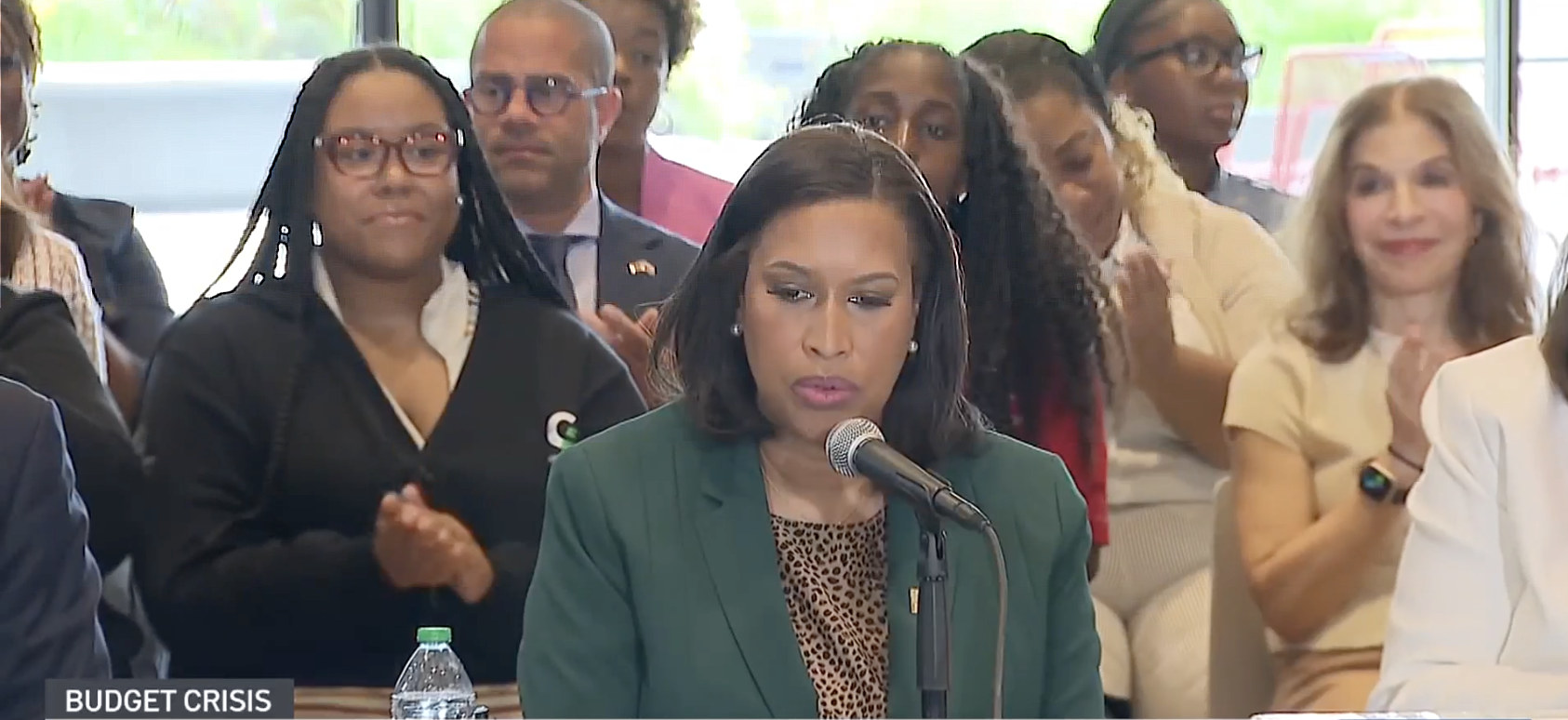
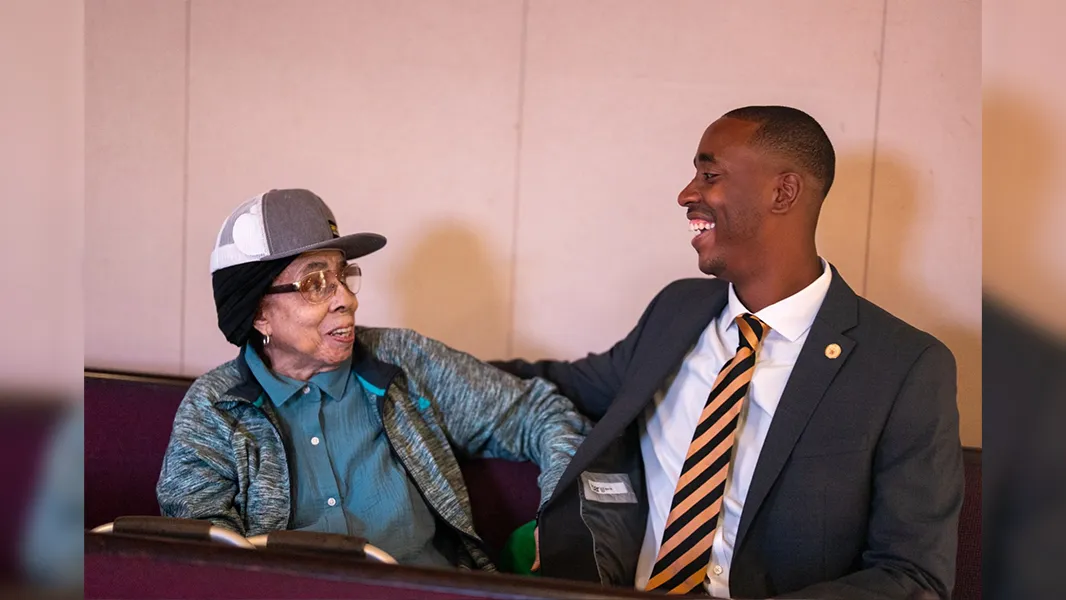

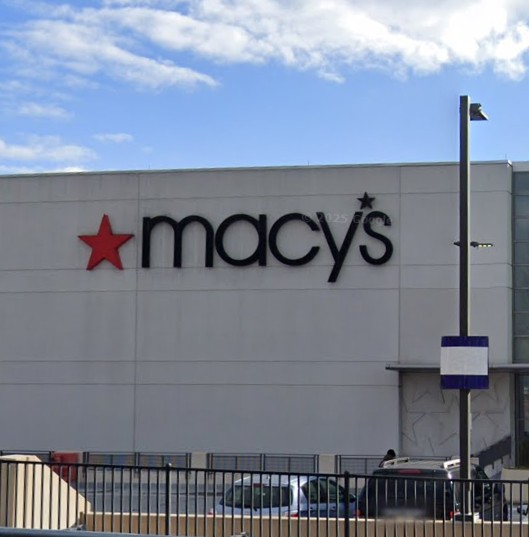
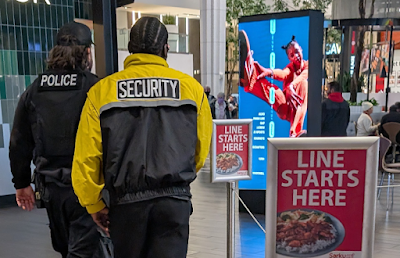
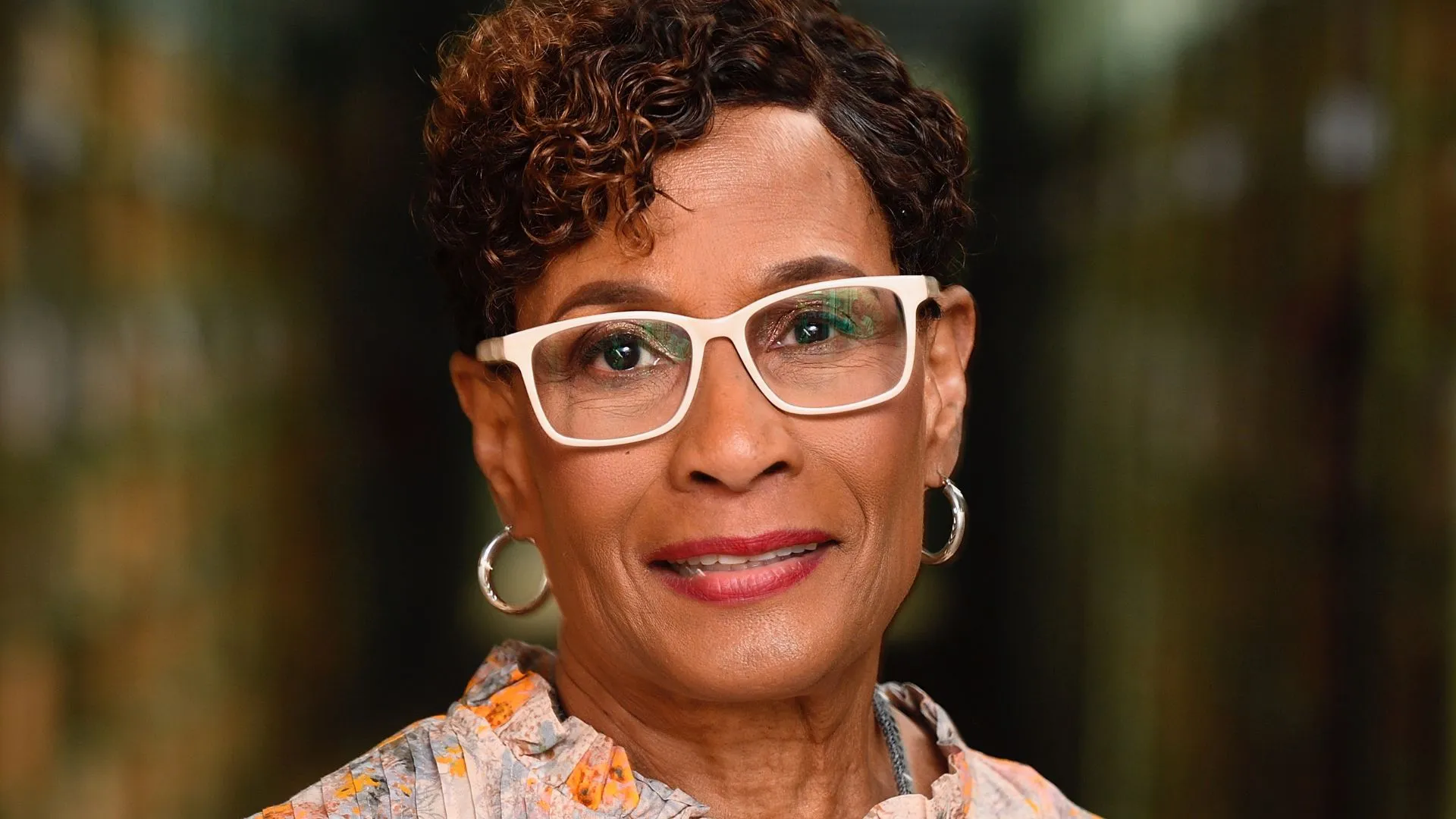

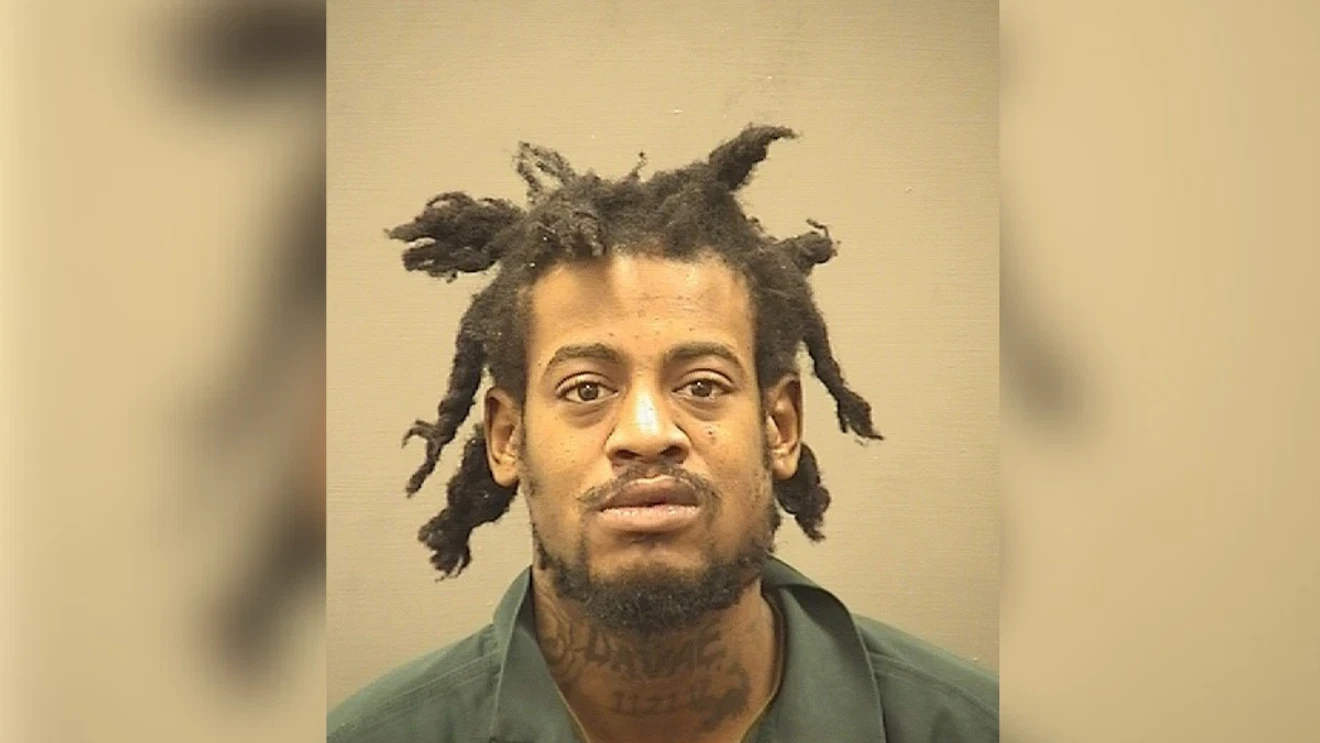
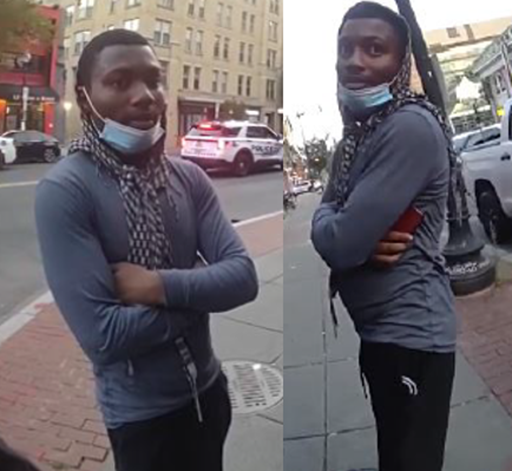
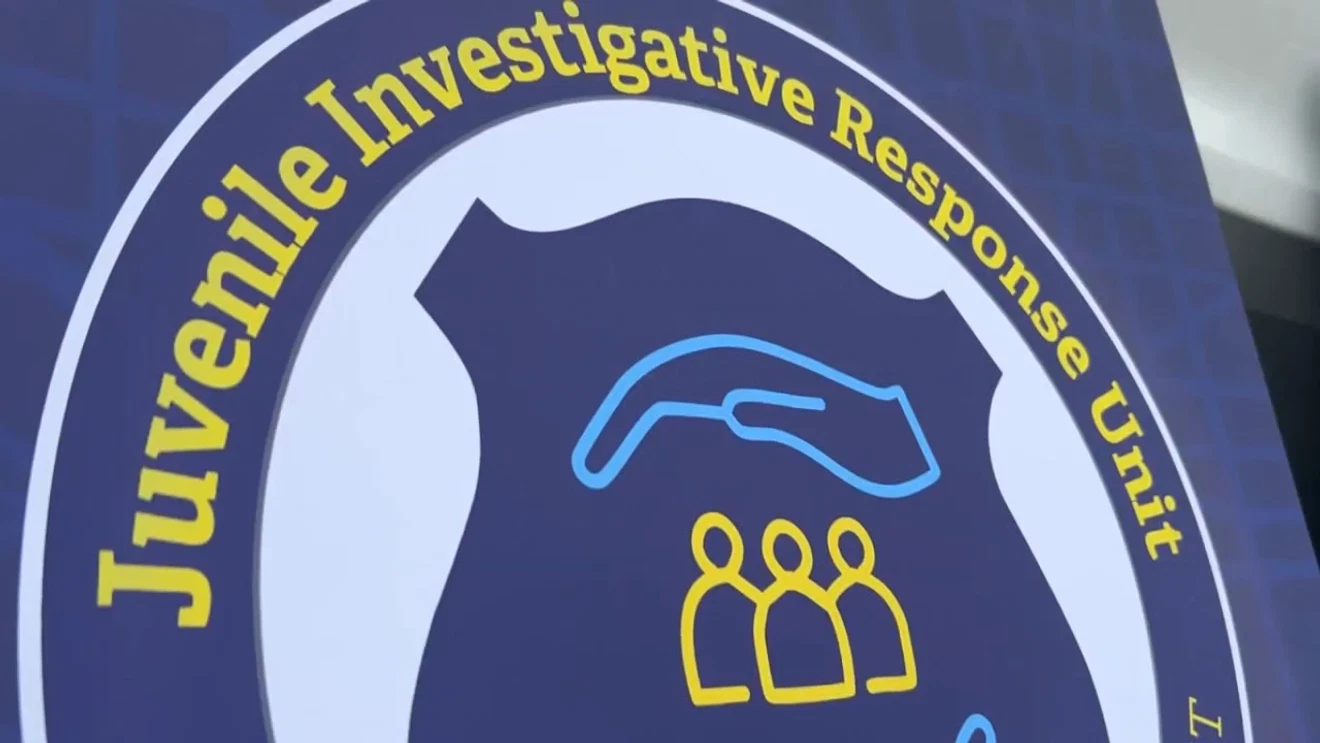
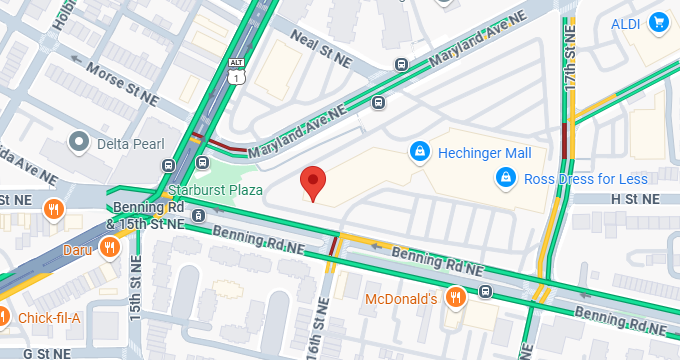
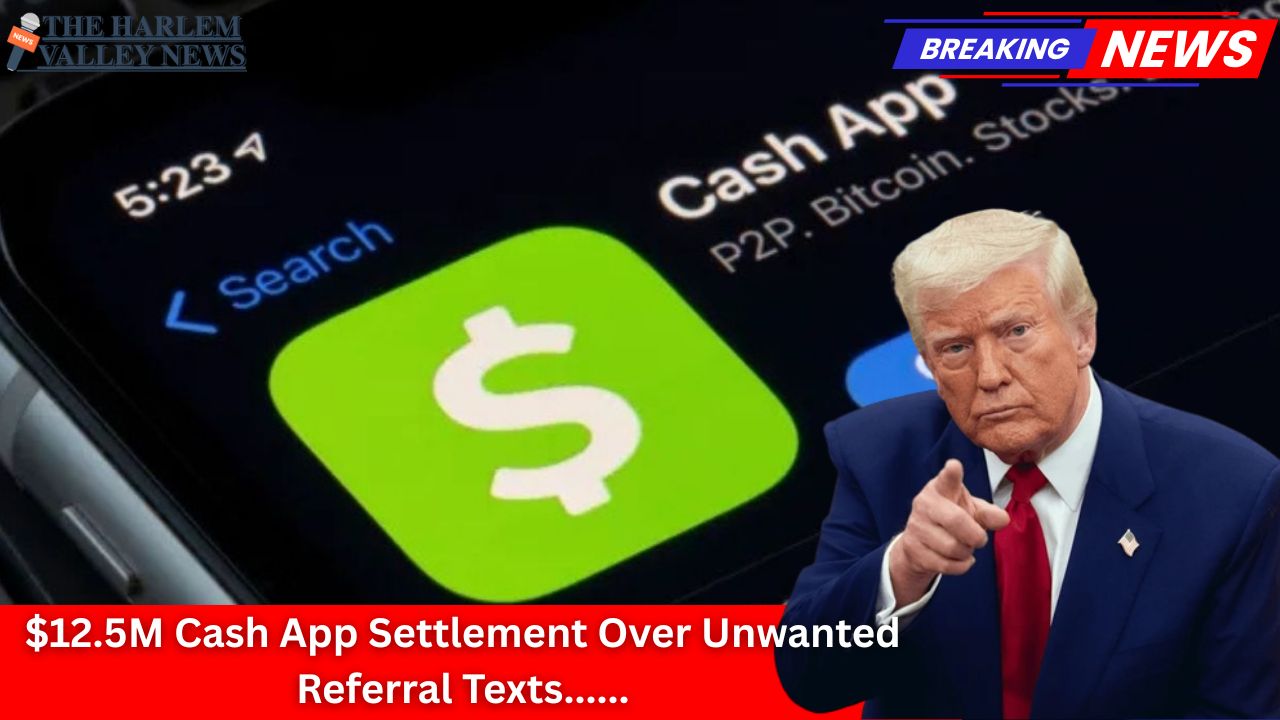
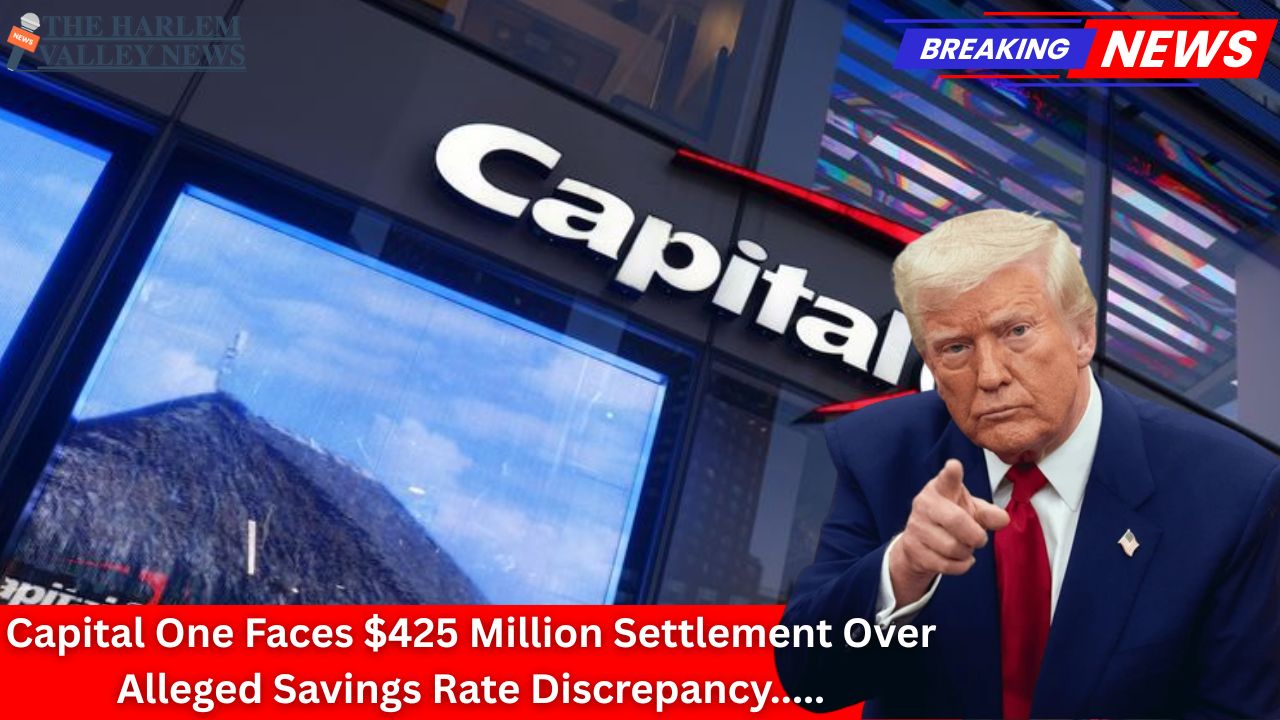

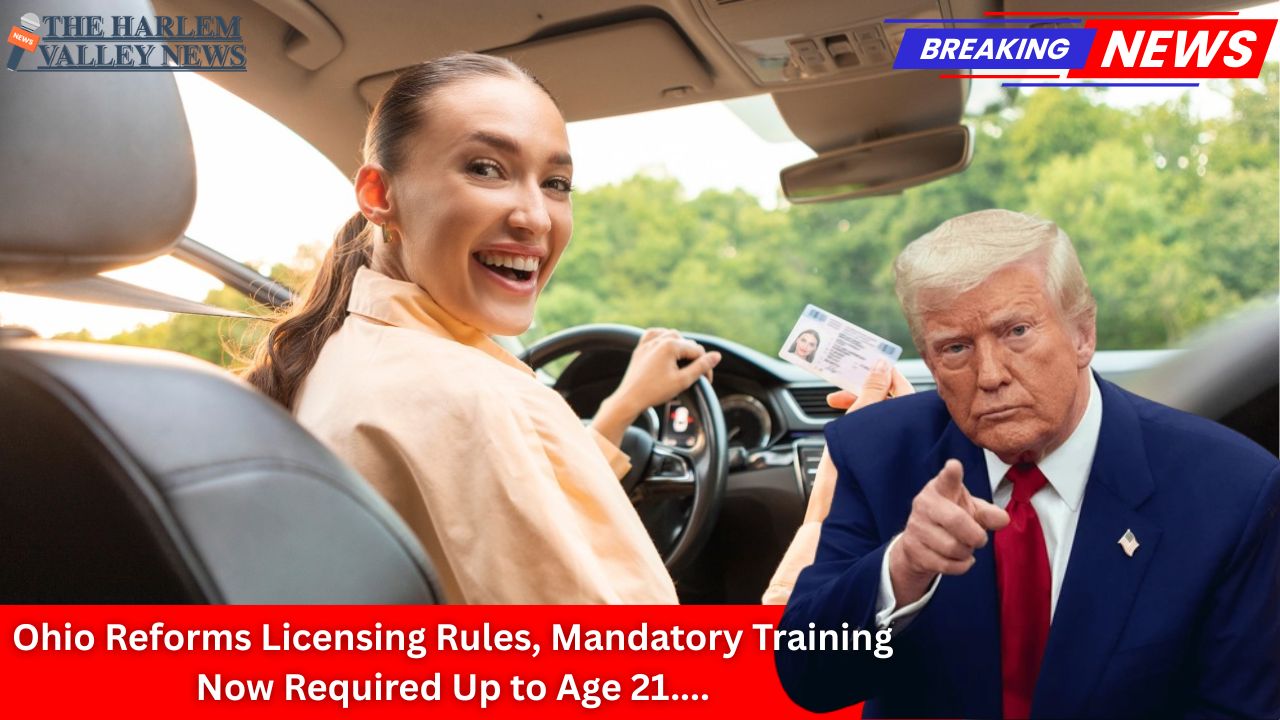
Leave a Reply